Alex Cheong Pui Yin
17th November 2022 - 8 min read

The revelations surrounding the spectacular collapse of the second largest cryptocurrency exchange in the world, FTX, have not only caused another round of sell-downs in crypto tokens, but severely affected confidence in the entire crypto industry.
After all, if a platform that’s been a huge proponent of regulations in the space had itself been doing the very things it shouldn’t in the eyes of the law, what about the other players in the decentralised finance space? What prevents them from using user funds without their knowledge?
As a result, it’s not surprising that many local crypto investors are concerned; are our local digital asset exchanges (DAX) also exposed to similar liquidity risks? What security layers have been put into place to protect us?
Let’s find out.
Securities Commission as Malaysia’s gatekeeper
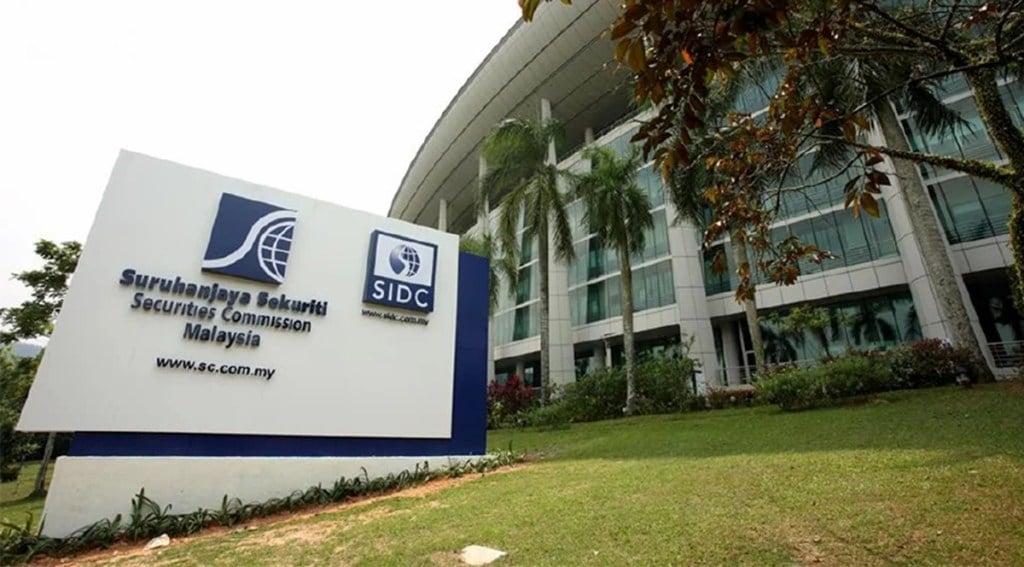
All investors should know that any DAX platforms that wish to operate legally within Malaysia must first obtain permission from the Securities Commission Malaysia (SC). This involves an extensive registration process where the prospective DAX operator is required to fulfil numerous regulatory requirements in order to be approved – listed in the updated Guidelines on Recognised Markets (pursuant to the Capital Markets and Services Act 2007).
According to the document, some key requirements that DAX operators must meet during its registration process include:
- All DAX must be locally incorporated and have a minimum paid-up capital of RM5 million
- Key personnel must demonstrate competency, capabilities, and commitment to operate the platform
- Operators must demonstrate operational capabilities, including a ready IT infrastructure, market operation capabilities, as well as cyber security and resiliency
- Operators must demonstrate capabilities to conduct client onboarding process, which include KYC, AMLA, as well as funds and digital asset tracing
- Operators must provide adequate arrangements and processes to ensure market integrity
- Operators must establish clients’ asset protection arrangements to safeguard their funds and digital assets
Of particular importance in the list to investors is, of course, the final point: that DAX operators operating in Malaysia are obligated to take steps to protect their clients’ funds. On top of these requirements, there are also other specific obligations that are required of a DAX operator in relation to its investors’ digital tokens, namely:
- To ensure that the token holders’ digital tokens are properly segregated and safeguarded from conversion or inappropriate use by any person
- To establish and maintain a sufficiently and verifiably secured storage medium designated to store digital assets from investors
- To establish systems and controls for maintaining accurate and up-to-date records of clients’ digital assets held.
At present, there are four SC-approved DAX operators: Luno Malaysia, MX Global, SINEGY, and Tokenize Malaysia – here, we’ll discuss some of the arrangements that these local players have put in place to provide peace of mind for their users.
Best practices by DAX operators
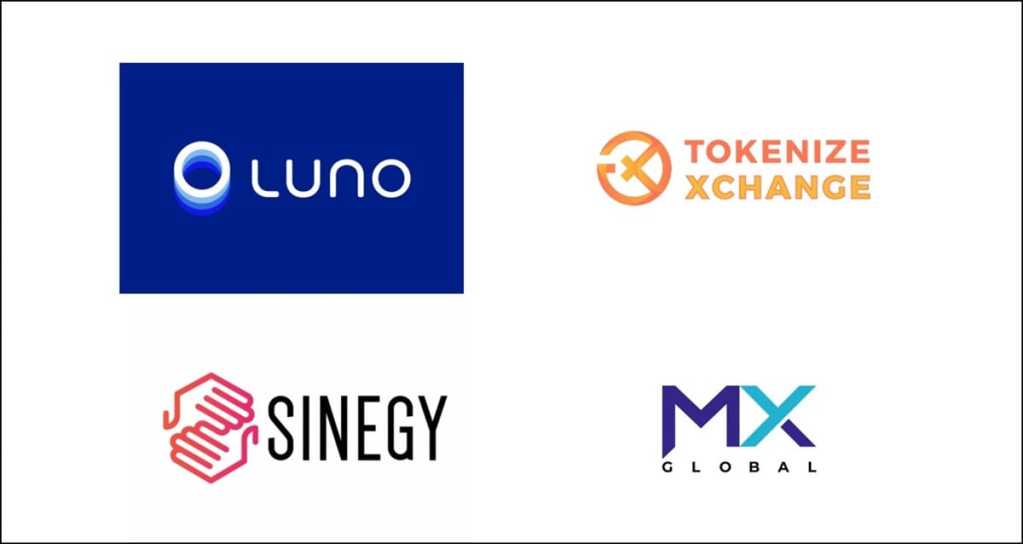
Note that the few arrangements we highlight here are not necessarily the only arrangements that DAX platforms have planned in order to avoid a liquidity crisis – and to contain risk in general – but they are some of the most important ones:
1) Trustees and custodians
All DAX operators registered with the SC will typically appoint an independent trustee or custodian to provide custody for the digital tokens. This essentially means that the appointed party will safekeep the investors’ digital assets, which are kept in Malaysian bank accounts.
For instance, Luno Malaysia’s legal page showed that the processing and use of investors’ funds are subject to the independent trustee services provided by MTrustee Bhd, whereas the keys to their deep freeze storage – where a majority of customers’ cryptocurrencies are stored – are kept by BitGo Custody (one of the largest and most established custodians for digital assets). Meanwhile, Tokenize and Sinegy have also shared that they are partnered with BitGo Custody and Universal Trustee (Malaysia) Bhd, respectively, as their official custodians.
For further transparency, Luno had also previously shared that its customers’ funds are maintained in an AmBank Trust Account, with AmBank being its primary banker to support the operations of its exchange. AmBank itself, too, said that it has invested in the development of an approved infrastructure that can seamlessly facilitate Luno’s operations.
Ultimately, these mean that local investors’ funds are always kept safe, and will not be tampered with.
2) Backed by insurance and trusted financial institutions

In a recent notice to customers, Tokenize Malaysia also said that beyond the trustee and custody standards, its platform is backed by an insurance policy of US$100 million (provided via BitGo) which is “enough to provide full coverage many times over”. The coverage is provided through a syndicate of insurers in Lloyd’s of London and the European Marketplace. This is in addition to various other industry-leading security protocols and multi-layered procedures that have been set up to protect clients’ assets.
On top of that, Tokenize also highlighted that Kenanga Investment Bank had acquired a 19% equity interest in its company. The partnership allowed Tokenize to tap into the bank’s reputation and experience to boost the DAX platform’s standing, as well as to provide better regulated cryptocurrency solutions.
3) Assurance of 1:1 asset
All SC-approved DAX must ensure that their investors’ digital assets are always maintained on a 1:1 basis (Malaysian ringgit to digital asset) and stored under the investors’ name. They cannot be lent out or used for any other purposes as DAX platforms are only strictly allowed to provide trading services – as opposed to entities offering other forms of crypto services, such as crypto lenders like Celsius, Voyager, and BlockFi. In turn, this ensures that your investments will be available to you at all times, and you will not need to worry about the possibility of being unable to withdraw your assets from the exchange.
4) Audits and proof-of-reserves reports
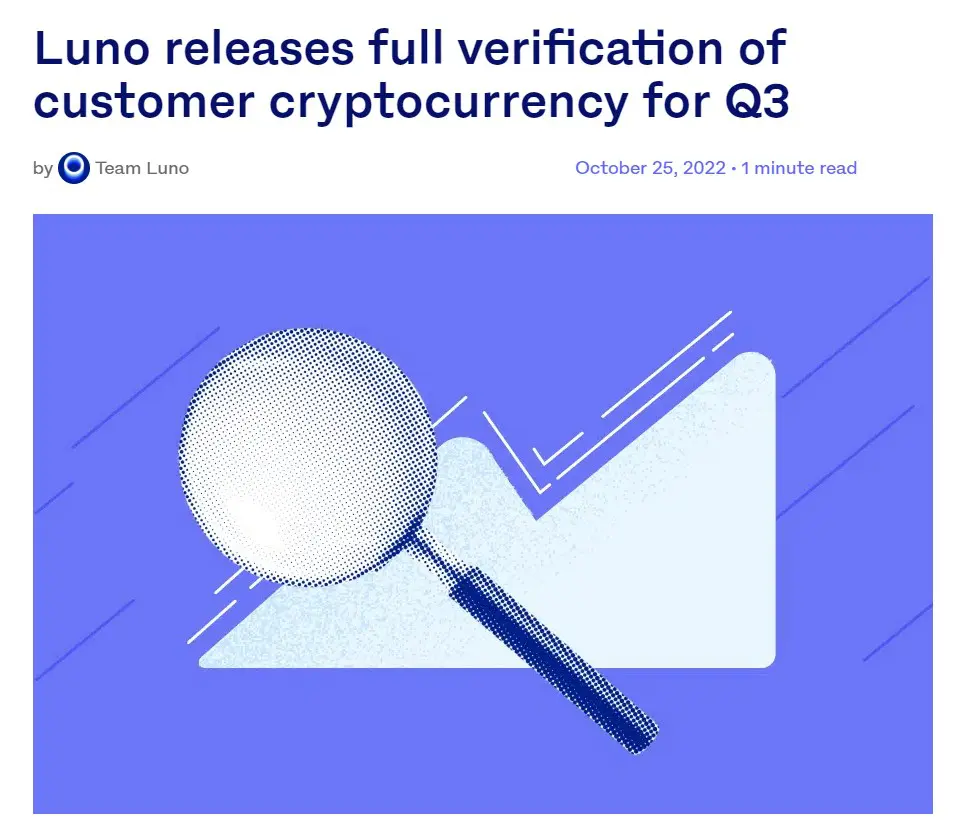
Like all businesses, DAX platforms in Malaysia, too, routinely conduct audits to verify the company’s financial health, performance, and total digital asset holdings – usually on an annual basis. But on top of these audits, some platforms will also publish proof-of-reserves reports, which are essentially declarations by a third party to confirm that a custodian holds the exact amount of assets that it claims to have, on behalf of its clients.
Luno, for instance, employs Mazars – an independent international audit tax and advisory firm – to conduct its audits annually. Meanwhile, its proof-of-reserves reports are published every quarter of the year, proving that the cryptocurrencies investors see in their Luno Wallet actually exist and are held by Luno.
Tokenize also stated that it conducts “regular audits to funds, operational standards, and security systems” to ensure the highest level of safety for investors (although its reports are not made accessible on its website).
As a side note, the world’s largest crypto trading platform, Binance, too, has promised to begin issuing proof-of-reserves reports, in a “push for improved transparency in order to safeguard against different security risks”. It recently published its proof-of-reserves report here.
5) Business continuity plans
Luno has expressly stated that it has “robust business continuity plan arrangements” in the event that it becomes unable to continue operating. Under such circumstances, it promised that the preservation of customer funds will take priority.
Similarly, Tokenize also pledged that it has a contingency plan in place that will enable all users to withdraw their deposits in the event of an unpreventable clampdown of their bank accounts. MX Global, too, highlighted in its terms & conditions document that it has “adequate arrangements and processes as is reasonable to manage clients’ assets in the event of any suspension or outages of the platform, including transfer or withdrawal procedures” – on top of other operational assurances.
***

2022 has already seen several “darlings” turned bad apples in similar catastrophic endings – the fiasco involving the TerraUSD and Luna tokens, triggering the fall of crypto lenders such as Celsius Network Ltd and Voyager, as well as hedge fund Three Arrows Capital. The full impact of FTX and Alameda Research’s irresponsible actions is yet to be seen as the deeply-entangled web of industry players exposed to both entities slowly emerge.
Fortunately, the strict conditions laid out by the SC does shield investors from facing situations. SC-approved DAX platforms are protected against similar liquidity crises, in line with its role to “facilitate the orderly development of an innovative and competitive capital market” and ensure that Malaysian investors are protected from such mishaps.
Having said all that, investors with large digital asset holdings may consider owning your very own crypto wallet and not storing them on exchange wallets (especially if you intend to hold them for the long term). After all, the “not your keys, not your tokens” phrase is ringing more loudly than ever before – who knows what other bad apples are out there? We’ll share more on this soon, so keep an eye out for it.
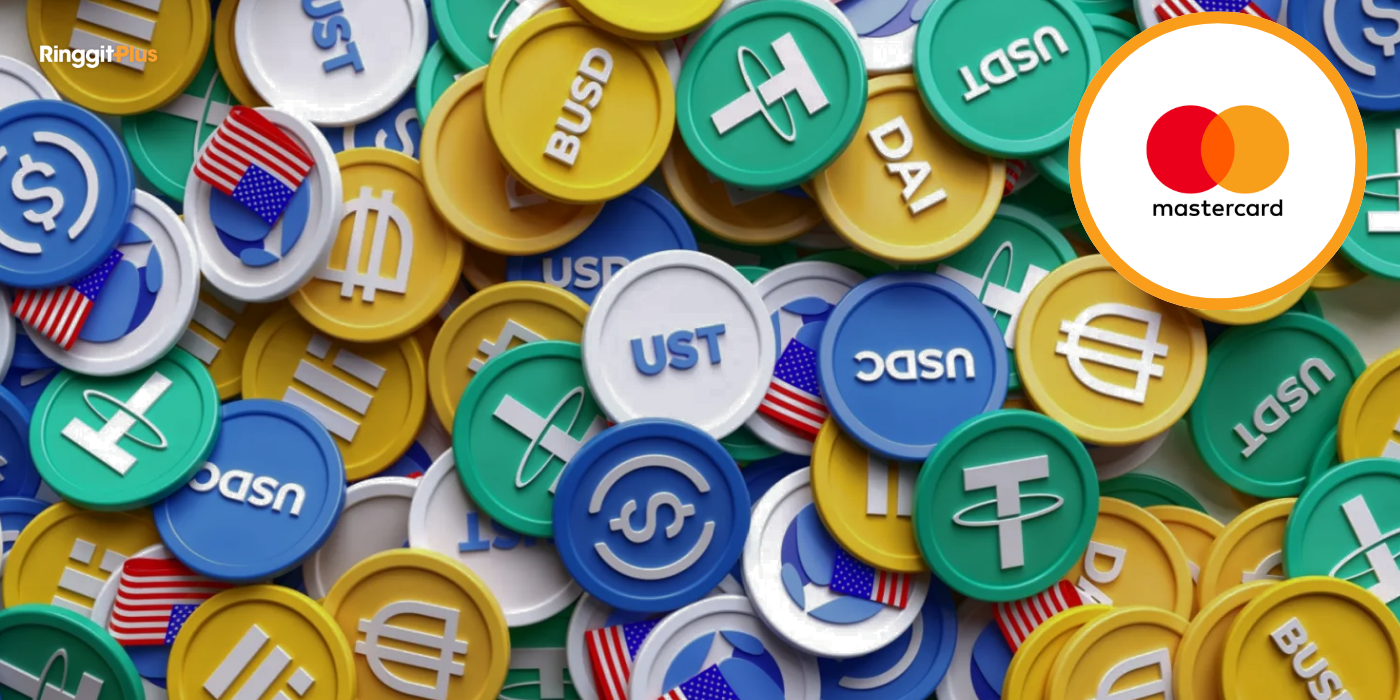
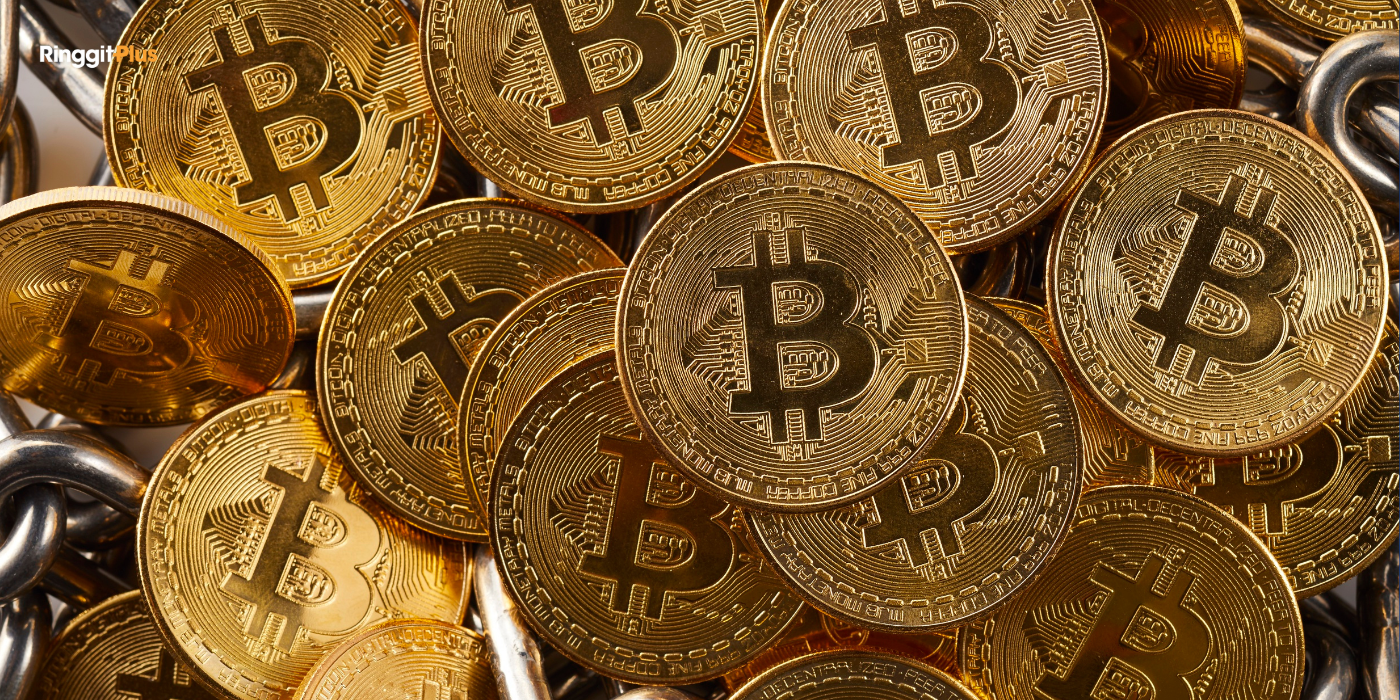

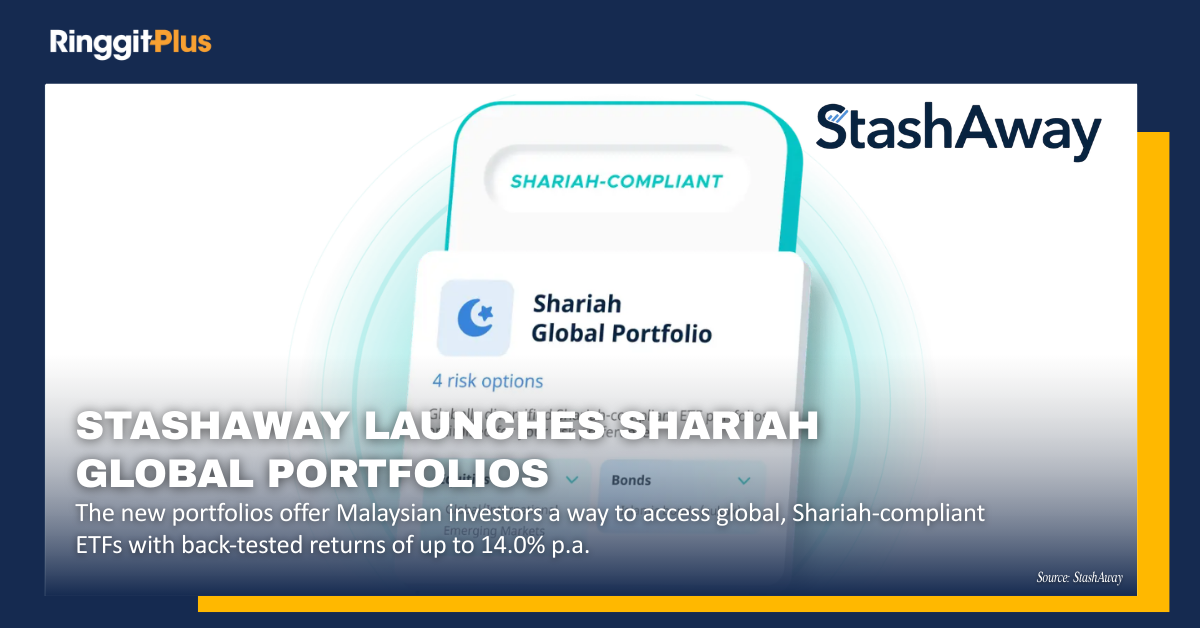

Comments (0)